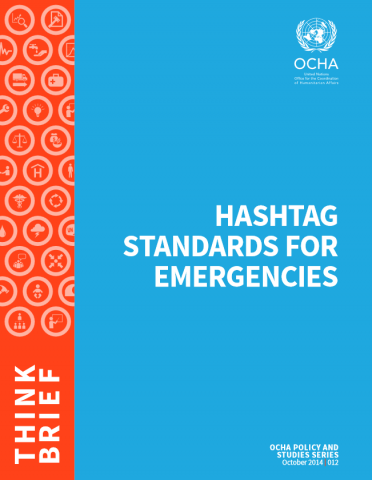Viet Nam: Country Case Study Report: How Law and Regulation Support Disaster Risk Reduction
Viet Nam: Country Case Study Report How Law and Regulation Support Disaster Risk Reduction International Federation of Red Cross and Red Crescent Societies May 2014 Viet Nam is prone to many different types of natural hazards. They are mainly hydro-meteorological,such as recurring floods and storms, but also include low to moderate risks of droughts, earthquakes, tsunamis, forest […]

